The views expressed in our content reflect individual perspectives and do not represent the authoritative views of the Baha'i Faith.
The burgeoning field of bio-ethics continues to introduce new and more complex, more controversial propositions. Test tube babies, surrogate motherhood, stem cell research, genetic determination, selective breeding, and cloning: all have migrated from the realm of science-fiction, or mere supposition, into reality. Society agonizes over their merits and morality.
Perhaps that latter topic, morality—with its comparisons between benefits in the animal environment and its subsequent implications to humanity—germinated the long dormant seeds of old concerns planted deep in the soil of my subconscious. Now they sprout anew, asserting their place in the sun of knowledge, demanding to be nourished with the water of understanding.
Memories flower in the fertile field of my mind—memories that stir up another bio-ethical question: the age-old one of euthanasia.
Rocky, our family dog, who, like most pets, was loved like one of our own children, had a large tumor pressing on his throat. Death by asphyxiation seemed imminent. The veterinarian recommended, and we concurred, that he assist Rocky to slip into that deepest sleep where pain and suffering no longer exist.
Matthew, beloved son of my dear friend, Joe, had a large tumor pressing on his throat—death by asphyxiation was imminent. The doctors recommended, and the family instantly agreed, to expensive treatments to shrink the tumor, just the latest spot that the saboteur, cancer, had infiltrated. Matthew was already a terminally ill patient on high doses of morphine who, along with family and friends, awaited the inevitable.
The veterinarian put Rocky out of his misery—his suffering mercifully extinguished. Matthew’s misery continued.
To whom did we grant kindness and mercy, Rocky or Matthew? Only to one? Or, perhaps, to both? This is the crux of our modern bio-ethical controversy. Dare we play God and allow mere humans to decide when to administer the final solution to one of their own?
Some answer with a resounding “Yes,” adamantly defending their inalienable right to make that choice, and to help relieve their loved ones of their suffering. Others have valid concerns that greed, personal inconvenience, or fear of severe financial drain might become the motivating factors behind the decisions made by family, without due consideration for the patient’s own wishes.
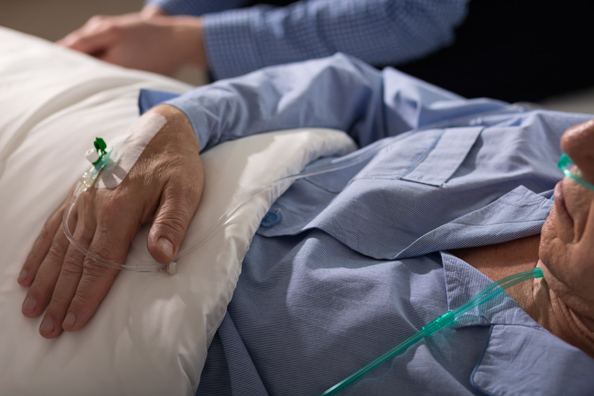 Some, bound by devout religious conviction in the sacredness of life, and others who truly hope for and believe in miracles, would keep a body, even in a brain-dead condition, breathing artificially, by mechanical means and at any cost. Do the extra days, with their suffering, give the soul of the sufferer more time to prepare for the next life? Or do they rob the soul of its well-earned rest?
Some, bound by devout religious conviction in the sacredness of life, and others who truly hope for and believe in miracles, would keep a body, even in a brain-dead condition, breathing artificially, by mechanical means and at any cost. Do the extra days, with their suffering, give the soul of the sufferer more time to prepare for the next life? Or do they rob the soul of its well-earned rest?
Can we arrive at a sane and agreeable middle ground—neither be the hand that offers deliverance nor the one that institutes any treatments aside from alleviating as much pain as possible?
Can we allow the soul to break the bonds of its mortal cage in its own appointed time? In some cases, we can, with the gift of Hospice. They, along with a live-in caregiver, allowed my sister and I to remain our mother’s daughters rather than her nurses. They helped us make Mother’s last days as comfortable as possible, without artificial efforts to prolong her life. It was a gift that helped us enjoy our time together and readied us to accept and welcome her passing on to where our soul flies when the bodily cage sets it free.
Faced with this choice, I undertook a search of the Baha’i writings for guidance. But on this and a few other subjects, nothing definitive has yet been formulated. In general, Baha’u’llah advised, Baha’is should “seek the advice of competent physicians,” consult with everyone involved and jointly make a decision. I deeply appreciate this flexible decision-making advice from my Faith, which thankfully doesn’t have a one-size-fits-all approach, and which highly values the considered advice of professionals and the input of those most affected.
The Universal House of Justice answered a Baha’i’s query on this subject in 1974:
We have received your letter… in which you ask for the Baha’i viewpoint on euthanasia and on the removal of life support in medical cases where physiological interventions prolong life in disabling illnesses. In general our teachings indicate that God, the Giver of life, can alone dispose of it as He deems best, and we have found nothing in the Sacred Text on these matters specifically but in a letter to an individual written on behalf of the beloved Guardian by his secretary regarding mercy killings, or legalized euthanasia, it is stated: ’…this is also a matter which the Universal House of Justice will have to legislate.’ Until such time as the Universal House of Justice considers legislation on Euthanasia, decisions in the matters to which you refer must be left to the conscience of those responsible. – Lights of Guidance, pp. 290-291.
Matthew had hospice care, but with supplementary radiation. Did it add days to his life? Did it make those days more comfortable? Perhaps. Perhaps not. It was expensive. It was their choice. Was it worth it? Would it have been better to leave him be? Would it have been kinder to help him die sooner? These arguments continue to be debated. Many families face this seemingly untenable situation. Their decisions come after great struggle and anguish.
Let us remember to honor their choices and not judge them, as we would not want others to judge us.


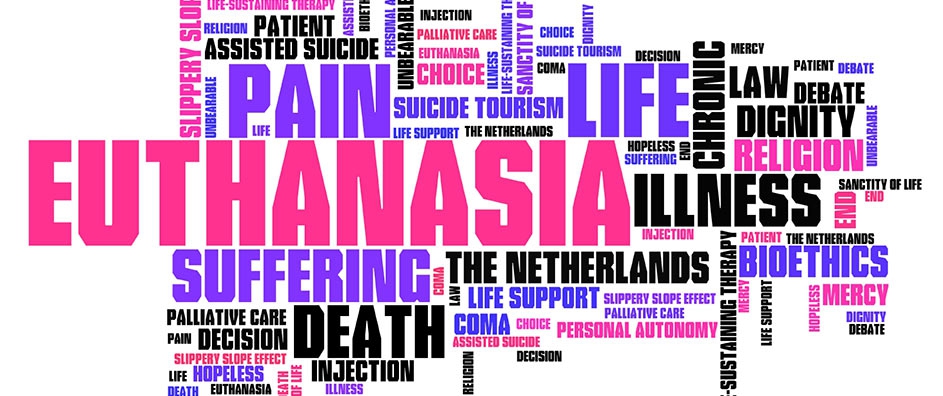

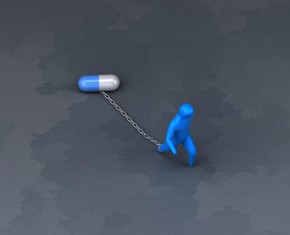
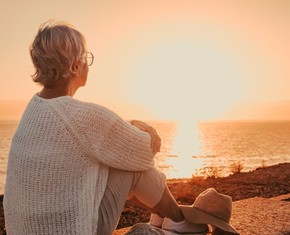




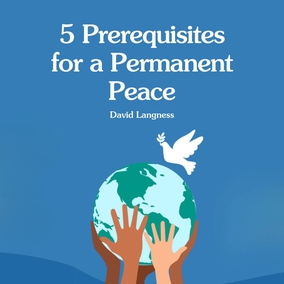
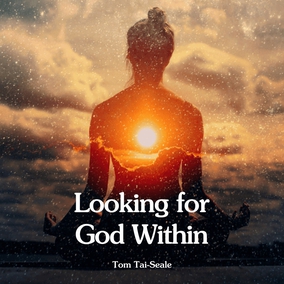
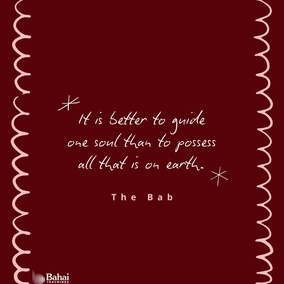
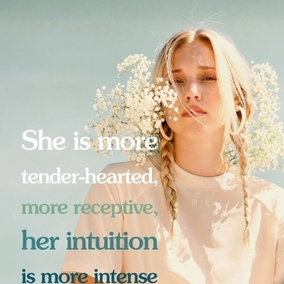
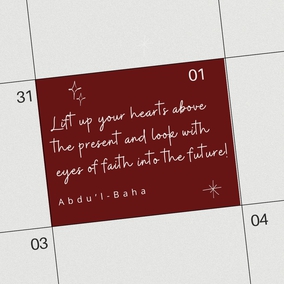

Comments
Sign in or create an account
Continue with Googleor